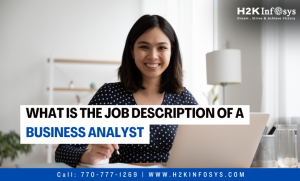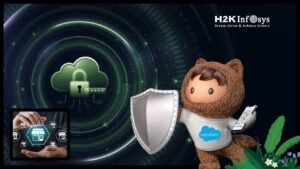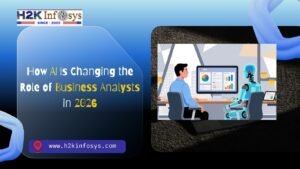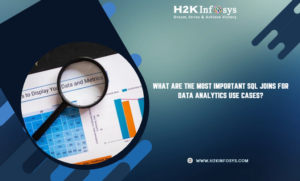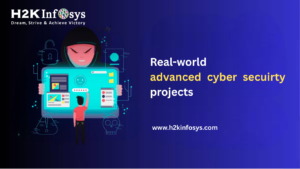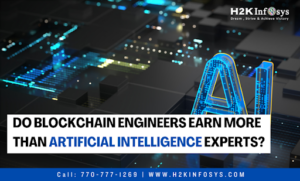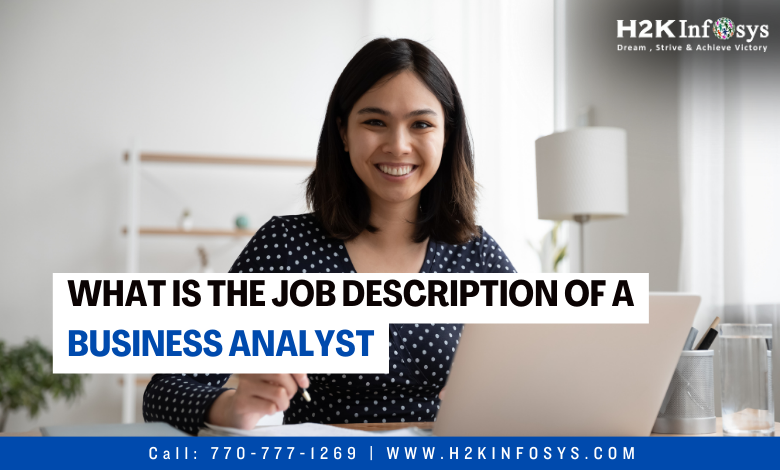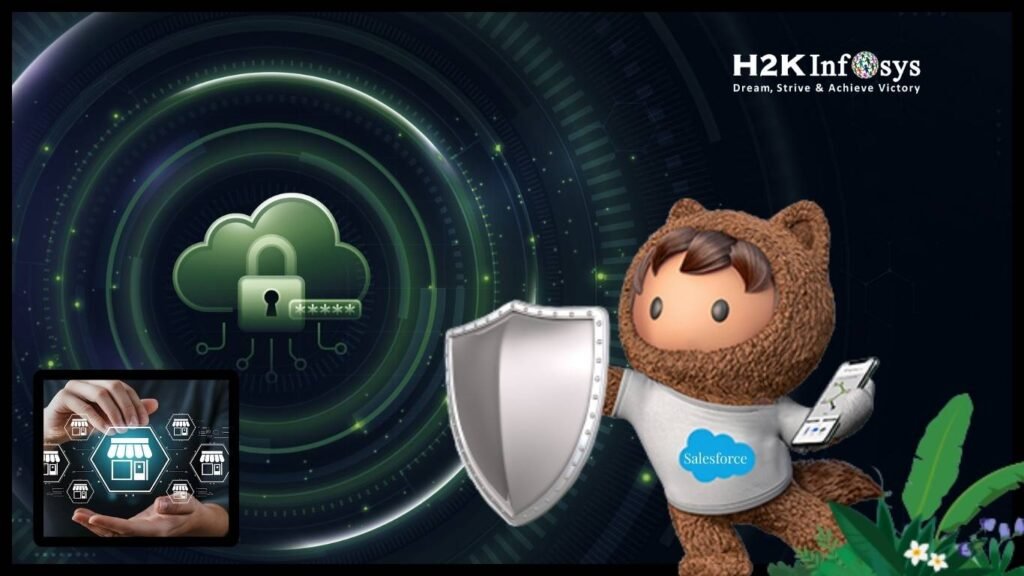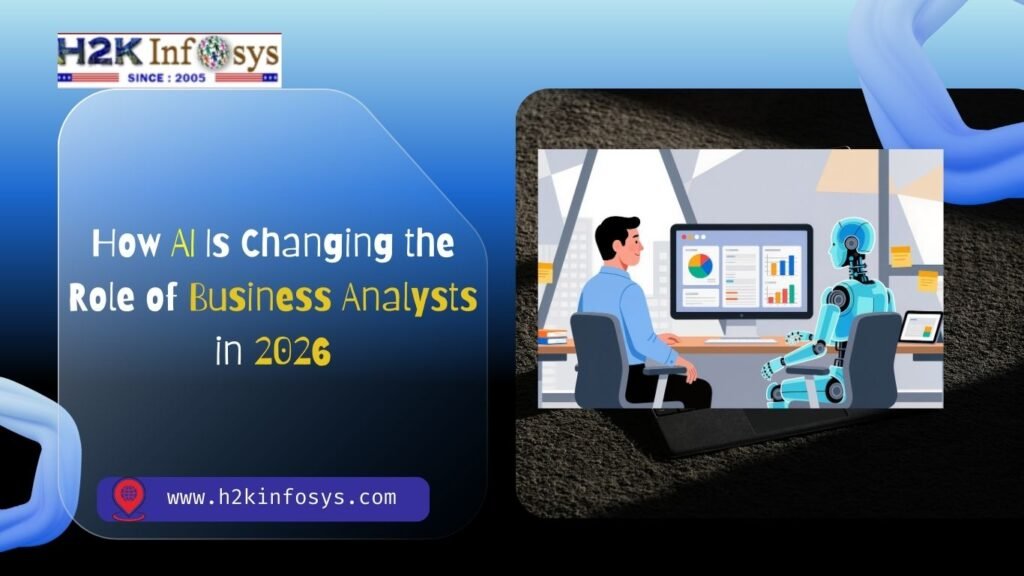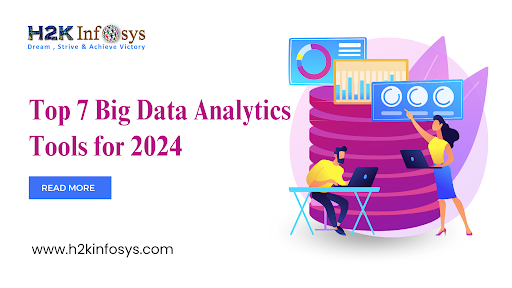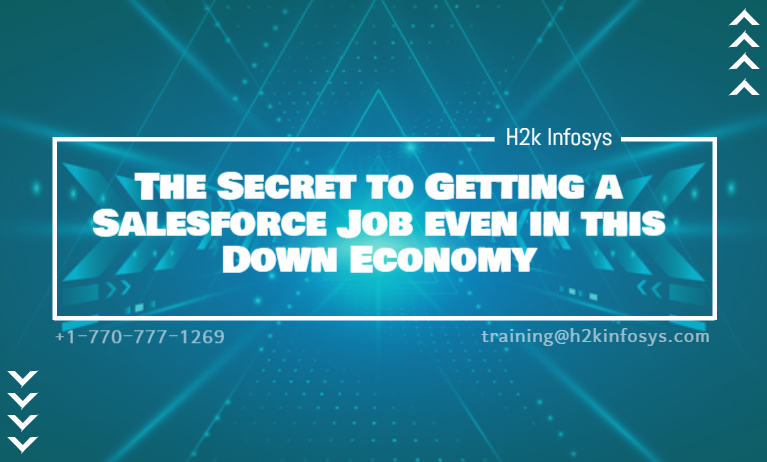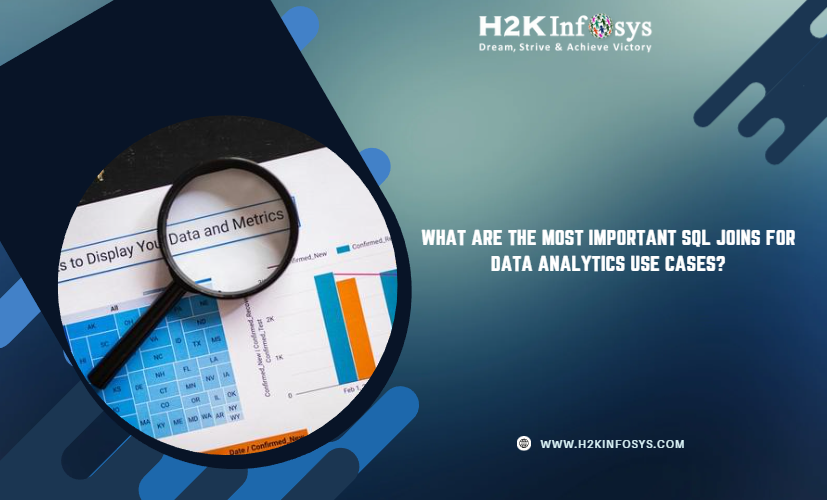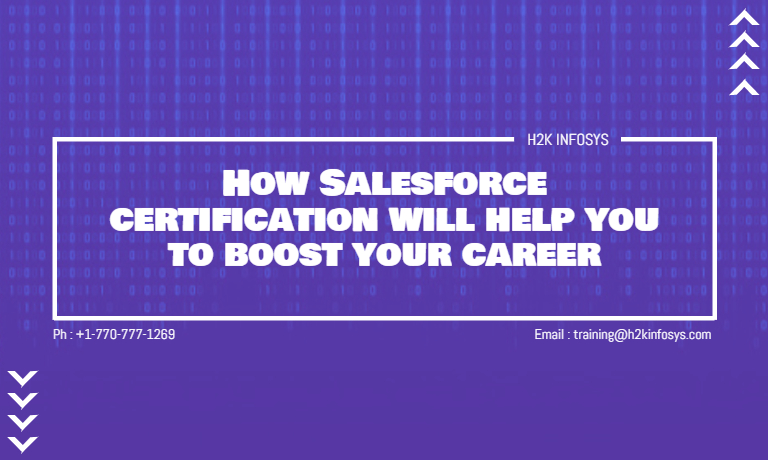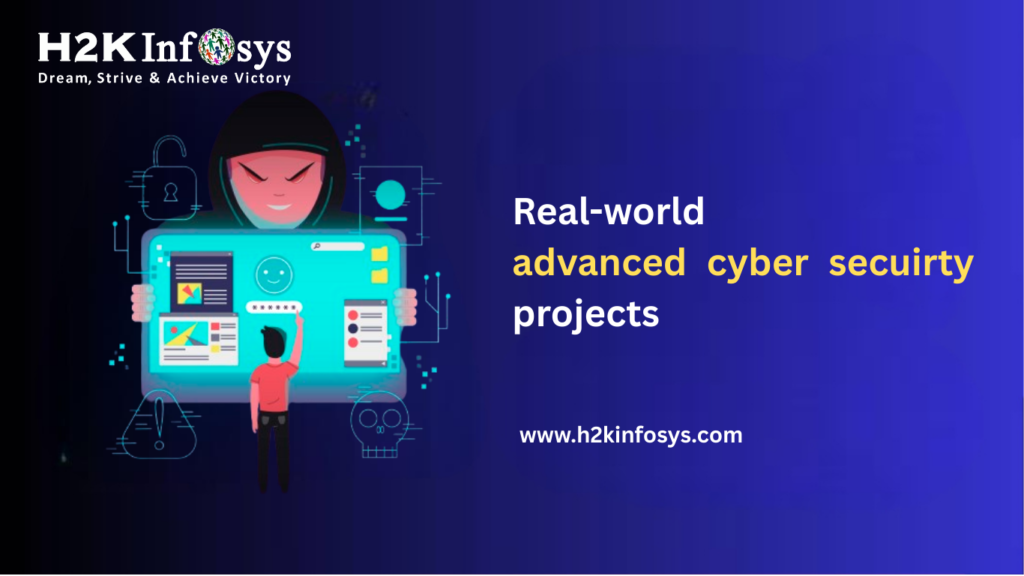Introduction: Why Salesforce AI Tools Matter in 2025
Artificial intelligence (AI) is transforming the way businesses engage with customers, analyze data, and make decisions. Within the Salesforce ecosystem, two powerful innovations Agentforce 360 and Einstein stand out as revolutionary tools designed to make CRM smarter, faster, and more predictive. But which one is the best Salesforce AI Tool for your business or career path?
If you’re taking Salesforce training courses, you’ve probably come across both. Understanding how they differ and how they complement each other is essential for modern professionals pursuing salesforce classes, Sfdc training, or a complete Salesforce course.
Salesforce’s dominance in CRM technology is undeniable. By integrating artificial intelligence, the platform goes beyond managing relationships it now predicts customer needs, automates workflows, and improves user experience.
The rise of the Salesforce AI Tool suite empowers businesses to:
- Automate repetitive processes
- Generate predictive insights
- Deliver personalized customer experiences
- Drive data-backed decisions
In 2025, as enterprises compete on automation and personalization, Salesforce AI Tools are the cornerstone of intelligent CRM. Both Agentforce 360 and Einstein play crucial roles but they target different capabilities and user needs.
Understanding the Two Giants: Agentforce 360 and Einstein
What is Agentforce 360?
Agentforce 360 is Salesforce’s latest unified AI assistant ecosystem. It’s part of Salesforce’s next-gen approach that integrates generative AI, customer data, and automation within every Salesforce cloud.
Agentforce 360 uses a combination of:
- Natural Language Processing (NLP) for human-like interactions,
- Predictive analytics for insights,
- Generative AI for automating workflows, and
- 360-degree customer data integration for personalization.
It helps businesses deploy digital and human agents efficiently boosting productivity across customer service, marketing, and sales.
In short, Agentforce 360 redefines what an AI-driven CRM can achieve by merging data, AI, and automation into one intelligent platform.
What is Einstein?
Einstein has been Salesforce’s core Salesforce AI Tool since 2016. It’s built directly into the Salesforce platform to enhance decision-making, automate predictions, and provide intelligent recommendations.
Einstein includes:
- Einstein Prediction Builder – creates AI models without code.
- Einstein Discovery – provides insights and explanations.
- Einstein Bots – automates chat-based interactions.
- Einstein Language & Vision – handles text and image recognition.
For professionals taking sales force training, Einstein is an essential skill because it integrates deeply with CRM functions across Sales, Service, and Marketing Cloud.
Key Differences Between Agentforce 360 and Einstein
While both are Salesforce AI Tools, their design philosophies differ.
| Feature | Agentforce 360 | Einstein |
|---|---|---|
| Launch | Introduced in 2024 as Salesforce’s unified AI platform | Introduced in 2016 as predictive AI for CRM |
| AI Type | Generative + Predictive AI | Predictive and Analytical AI |
| Primary Function | Digital Agent Ecosystem with generative capabilities | Insight and automation-driven intelligence |
| Integration | Works across all Salesforce Clouds seamlessly | Embedded in specific Salesforce apps |
| Personalization | Uses Customer 360 data and real-time AI models | Uses CRM data and pre-built predictive models |
| Interface | Conversational interface with generative AI | Embedded analytics and automation features |
| User Focus | Designed for both developers and end-users | Designed mainly for business analysts and admins |
In essence, Agentforce 360 is the evolution of Einstein a more conversational, generative, and collaborative Salesforce AI Tool that powers next-gen customer experiences.
Deep Dive: Core Functionalities Compared
1. AI Intelligence and Automation
- Agentforce 360 uses Einstein GPT to generate responses, automate workflows, and even build apps. It’s conversational and task-oriented.
- Einstein, on the other hand, is analytical it predicts trends and offers insights but doesn’t “act” on them automatically.
For example:
If you ask, “Summarize this customer’s last five interactions,” Agentforce 360 generates the report instantly.
Einstein would display analytical patterns or recommendations based on those interactions.
Thus, in 2025, for teams needing instant, generative responses, Agentforce 360 is the more advanced Salesforce AI Tool.
2. Data Integration and Insights
Einstein relies primarily on structured CRM data. It’s ideal for predictive analytics like sales forecasting and customer churn probability.
Agentforce 360 goes further by integrating unstructured data such as chat transcripts, emails, and social insights through Customer 360. It builds a holistic, 360-degree view of customer interactions.
Example:
In a Salesforce AI Tool in Salesforce course, when you work with Agentforce 360, you can query in plain language:
“Show me high-value customers likely to upgrade in Q4.”
And it instantly visualizes data insights and recommended actions.
Einstein, while still valuable, requires more manual setup for data interpretation.
3. Developer and Admin Friendliness
- Agentforce 360: Uses low-code tools and AI-assisted app creation. Developers can build automated customer service bots or personalized dashboards through conversational prompts.
- Einstein: Requires configuration of models and datasets through the Salesforce setup menu. It’s excellent for those with Sfdc training or experience in Salesforce administration.
Learners taking Salesforce training classes can benefit from hands-on practice with both Agentforce 360 for automation workflows, Einstein for predictive modeling.
4. Generative vs Predictive Capabilities
| Capability | Agentforce 360 | Einstein |
|---|---|---|
| Generative AI | Creates content, emails, workflows, reports | Limited (mainly predictive models) |
| Predictive AI | Uses Einstein GPT + Data Cloud to predict outcomes | Core strength – trend and behavior predictions |
| Natural Language | Conversational; uses prompts like “Explain this lead’s purchase history” | Limited NLP |
| Learning Curve | Easier for beginners | Requires moderate Salesforce experience |
This makes Agentforce 360 a more flexible Salesforce AI Tool for teams looking to leverage generative and predictive capabilities together.
Real-World Use Cases
Use Case 1: Sales Teams
- Einstein helps forecast sales trends and suggests next best actions.
- Agentforce 360 goes a step ahead it can draft personalized sales emails, generate call summaries, and provide real-time deal insights.
Example:
A rep asks, “Agentforce, summarize this week’s pipeline changes.” The Salesforce AI Tool instantly produces a summary and recommendations for follow-ups.
Use Case 2: Customer Support
- Einstein Bots automate customer responses.
- Agentforce 360 empowers AI-driven digital agents that collaborate with human reps for contextual answers and escalations.
It transforms how Salesforce Service Cloud users handle tickets, ensuring faster resolutions and higher satisfaction rates.
Use Case 3: Marketing Automation
Marketers benefit tremendously from these tools:
- Einstein analyzes campaign data to predict conversion rates.
- Agentforce 360 uses generative AI to create personalized email campaigns and landing page suggestions.
In salesforce training courses, you’ll learn to integrate these AI-driven insights into real campaigns, helping you manage automation hands-on.
AI Ethics and Trust Layer
Both tools operate under Salesforce’s AI Trust Layer, ensuring privacy, data security, and ethical AI usage.
Agentforce 360 extends this protection by adding:
- Zero data retention for prompt inputs
- Real-time policy enforcement
- Audit trails for AI-generated actions
These guardrails make Salesforce’s ecosystem one of the most trusted AI environments globally vital knowledge for learners pursuing Sfdc training.
The Role of Einstein GPT in Agentforce 360
Einstein GPT is the shared backbone behind both tools.
However, in Agentforce 360, it takes on an expanded role:
- Acts as a generative engine for every Salesforce cloud.
- Learns continuously from Customer 360 data.
- Produces contextual outputs from emails to dashboards.
This integration makes Agentforce 360 the flagship Salesforce AI Tool for 2025 and beyond.
How Salesforce Professionals Can Benefit
For learners and professionals pursuing Salesforce classes or Salesforce training courses, understanding both tools enhances employability.
Key Career Benefits:
- Automation Mastery: Learn how AI automates repetitive CRM tasks.
- Predictive Modeling: Use Einstein to forecast and plan strategies.
- AI-Driven Development: Build no-code workflows with Agentforce 360.
- Client Personalization: Apply Customer 360 insights for user experiences.
- Cross-Cloud Integration: Connect Sales, Marketing, and Service through AI.
With businesses demanding AI-literate CRM specialists, these skills significantly increase your value in the Salesforce job market.
Learning Path: Mastering AI in Salesforce
If you’re new to Salesforce, follow this path to master its Salesforce AI Tools effectively:
- Step 1: Enroll in foundational Salesforce course covering CRM basics.
- Step 2: Take salesforce training classes focusing on automation, data integration, and dashboard customization.
- Step 3: Move to Sfdc training modules that teach Einstein analytics and predictive model creation.
- Step 4: Practice with Agentforce 360 workflows, automations, and generative functions.
- Step 5: Build and deploy your first AI-driven customer journey inside Salesforce.
H2K Infosys’ expert instructors help learners navigate every phase with real-world projects, ensuring job-ready competence.
Industry Insights and Statistics
- 80% of Salesforce users report increased productivity after implementing AI-powered CRM features.
- Agentforce 360 adoption is growing 3x faster than previous Salesforce AI Tools due to its natural language interface.
- Einstein AI processes over 1 trillion predictions per week across industries.
- Companies using both tools see an average 37% increase in customer retention.
These figures underline why Salesforce professionals need strong AI skills through practical, project-based sales force training.
Practical Example: Workflow Automation Scenario
Scenario: A retail company wants to reduce manual lead scoring and follow-ups.
Using Einstein:
- Predicts which leads are most likely to convert.
- Provides reports to sales teams for manual follow-ups.
Using Agentforce 360:
- Automatically drafts follow-up messages for high-probability leads.
- Updates CRM records after every customer interaction.
- Summarizes daily lead activity using conversational commands.
This hands-on difference is what learners experience during advanced salesforce training courses.
Which Is the Best Salesforce AI Tool?
When to Choose Agentforce 360
- You need generative AI for automation and communication.
- Your business wants an AI assistant integrated across all Salesforce Clouds.
- You prefer low-code or conversational workflows.
When to Choose Einstein
- You focus on predictive analytics, forecasting, and insights.
- Your role involves CRM data modeling or analytical reporting.
- You already work within Salesforce’s traditional environment.
However, in 2025, the boundary is blurring. Agentforce 360 now leverages Einstein GPT, combining generative and predictive AI into a single powerhouse. This makes it the best Salesforce AI Tool for next-generation CRM solutions.
Future Outlook: The Evolution of Salesforce AI
Salesforce is continuously merging Einstein’s predictive capabilities with Agentforce 360’s generative intelligence.
Upcoming trends include:
- Voice-based AI assistants for real-time CRM actions.
- Deeper Data Cloud integration for omnichannel analytics.
- Industry-specific AI models (healthcare, finance, education).
By learning these through structured Sfdc training, you stay ahead in one of the most AI-driven CRM landscapes in the world.
Key Takeaways
- Agentforce 360 and Einstein are both indispensable Salesforce AI Tools.
- Einstein provides predictive intelligence; Agentforce 360 adds generative capabilities.
- Together, they represent the evolution of smart CRM predictive, generative, and conversational.
- For career growth, mastering both through salesforce training courses is essential.
- H2K Infosys offers expert-led salesforce training classes that include hands-on AI integration using both tools.
Conclusion
In the ultimate comparison of Agentforce 360 vs Einstein, both shine in their own ways Einstein as the analytical powerhouse and Agentforce 360 as the conversational genius. But for 2025 and beyond, Agentforce 360 leads as the most comprehensive Salesforce AI Tool.
Enroll today in H2K Infosys’ Salesforce training courses to gain hands-on expertise with Agentforce 360, Einstein, and other Salesforce innovations that power the AI-driven future of CRM.








